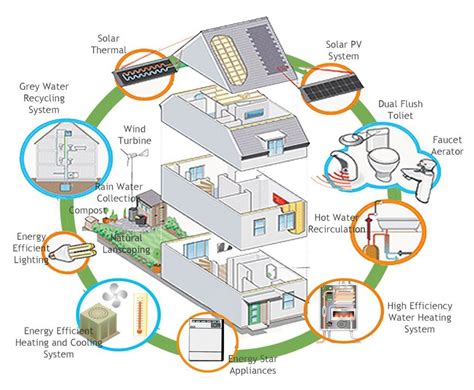Save Time & Energy: Optimize Your Electric Water Heater
Electric water heaters are a staple in many homes, providing hot water for showers, dishes, and laundry. But these appliances can be surprisingly energy-intensive and prone to issues that waste both time and money. Optimizing your electric water heater doesn't require a major overhaul; a few simple tweaks and maintenance practices can significantly improve its efficiency and longevity, saving you both time and energy.
Understanding Your Electric Water Heater: The Basics
Before diving into optimization strategies, it's helpful to understand how your electric water heater works. Most homes utilize either a standard storage tank water heater or a tankless (on-demand) water heater. Storage tank heaters heat a large volume of water and store it until needed, while tankless heaters heat water only when you turn on a hot water tap. Understanding your specific type will guide your optimization efforts.
How to Save Energy with Your Electric Water Heater
Several strategies can dramatically reduce the energy consumption of your electric water heater. These include:
Lowering the Water Temperature:
Many people set their water heater to a temperature much higher than necessary. Lowering the thermostat to 120°F (49°C) is generally sufficient for most household needs and significantly reduces energy usage. This also mitigates the risk of scalding. You might be surprised how little difference you notice in water temperature!
Insulating Your Water Heater:
A poorly insulated water heater loses a significant amount of heat to the surrounding environment. Adding an insulating blanket specifically designed for water heaters can drastically reduce standby heat loss, resulting in significant energy savings. These blankets are relatively inexpensive and easy to install.
Regular Maintenance:
Regular maintenance is crucial for optimal performance and energy efficiency. This includes:
- Flushing the Tank: Sediment buildup in the tank reduces efficiency and can shorten the lifespan of your water heater. Flushing the tank removes this sediment, improving heating efficiency. Consult your water heater's manual for instructions, or consider hiring a professional plumber for this task.
- Inspecting the Anode Rod: The anode rod protects the tank from corrosion. Inspecting and replacing it as needed is essential for extending the life of your water heater. A corroded anode rod needs replacing.
- Checking for Leaks: Regularly inspect your water heater for any signs of leaks. Addressing leaks promptly prevents water damage and ensures your heater continues to function efficiently.
What Should I Do If My Water Heater is Leaking?
A leaking water heater is a serious issue that requires immediate attention. Turn off the power to the heater and immediately contact a qualified plumber. A leak could indicate a serious problem that needs professional repair or replacement. Ignoring a leak can lead to significant water damage and costly repairs.
How Often Should I Flush My Water Heater?
The frequency of flushing depends on your water hardness. If you have hard water (high mineral content), you'll likely need to flush your tank annually or even more frequently. Those with softer water may only need to flush every 3-5 years. Consult your water heater's manual for specific recommendations.
Is it Better to Have a Tankless or Tank Water Heater?
The best type of water heater for your home depends on several factors, including household size, hot water usage, and budget. Tankless heaters offer greater energy efficiency by only heating water on demand, but they tend to be more expensive upfront. Storage tank heaters are less expensive initially but can be less energy-efficient overall.
How Can I Tell if My Water Heater Needs Replacing?
Several signs indicate it’s time for a new water heater:
- Frequent repairs: If you're constantly calling a plumber for repairs, a replacement might be more cost-effective in the long run.
- Poor hot water performance: If you frequently run out of hot water or experience inconsistent hot water temperatures, it's a clear sign your water heater is failing.
- Rust or leaks: Rust around the tank or visible leaks are serious indications of damage and warrant immediate attention. They indicate your water heater needs replacement.
- Age: Most electric water heaters have a lifespan of around 8-12 years. If your water heater is nearing the end of its lifespan, it's wise to start planning for a replacement.
By implementing these optimization strategies and performing regular maintenance, you can significantly extend the lifespan of your electric water heater, reduce energy consumption, and save both time and money. Remember, a well-maintained water heater is a key component of a comfortable and efficient home.

